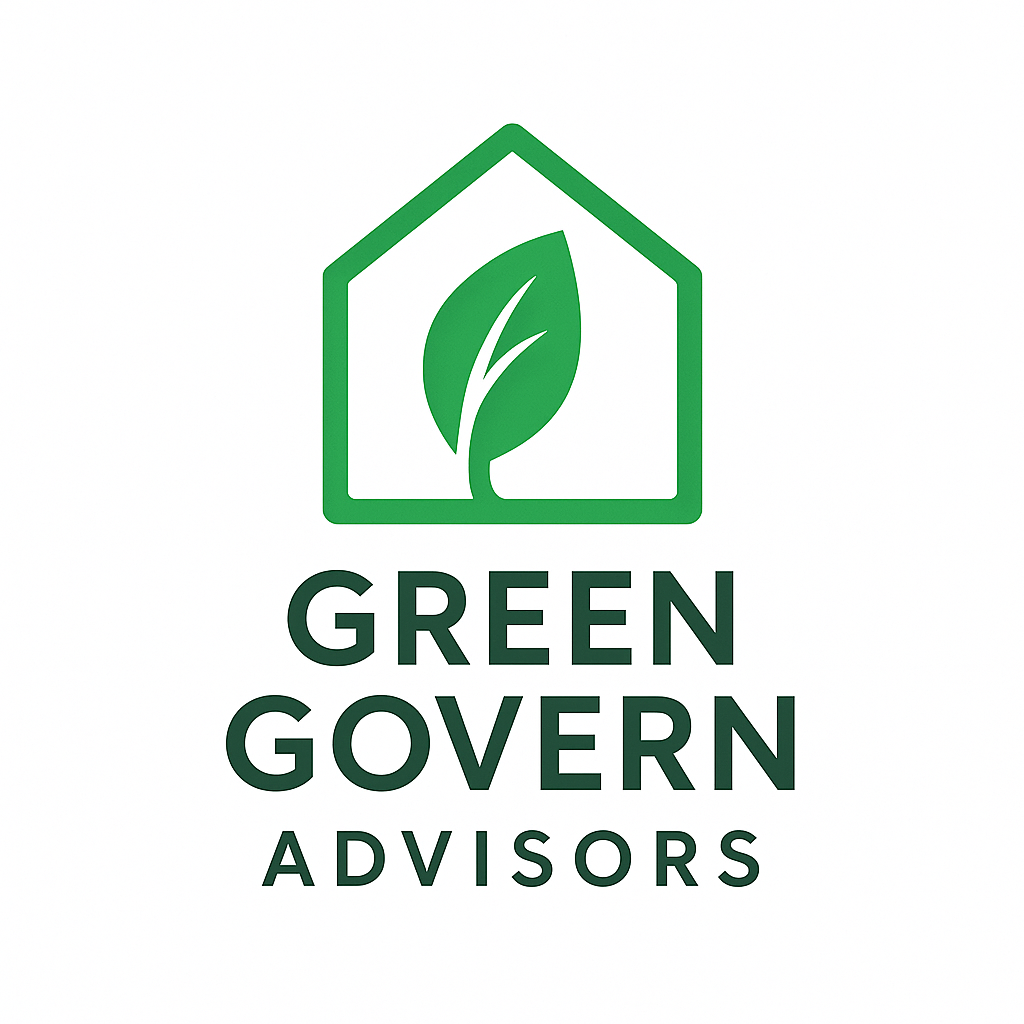As environmental, social, and governance (ESG) concerns dominate global headlines, companies around the world are rethinking how they operate, report, and engage with stakeholders. Once seen as a compliance checklist, ESG strategy has now become a business imperative—shaping investment flows, customer loyalty, and corporate resilience.
In this article, we explore the top global ESG priorities driving responsible business in 2025 and beyond, and why they matter for sustainability, growth, and long-term value creation.
🌍 1. Climate Action and the Net-Zero Transition
At the forefront of ESG priorities worldwide is climate change. With mounting pressure from regulators, investors, and consumers, companies are aligning with global climate goals like the Paris Agreement and adopting net-zero emissions targets.
Global leaders like Ørsted and Apple have demonstrated how investing in clean energy, decarbonizing supply chains, and improving climate risk resilience can drive innovation and competitive advantage.
To meet expectations, businesses are embracing frameworks such as the Task Force on Climate-related Financial Disclosures (TCFD) and the Science-Based Targets initiative (SBTi). These tools guide companies in tracking and reducing carbon footprints—moving from pledges to proven impact.
📊 2. ESG Reporting Standards and Regulatory Compliance
As sustainable investing grows, so does the demand for transparent ESG reporting. For years, inconsistent disclosures have made it difficult to compare ESG performance across industries.
That’s changing fast. The International Sustainability Standards Board (ISSB) and the Corporate Sustainability Reporting Directive (CSRD) in the EU are creating a consistent global baseline for ESG data.
These standards are critical for building investor trust, attracting capital, and avoiding reputational risks. Asset managers like BlackRock now require ESG metrics and climate risk disclosures as part of their investment criteria.
For businesses, investing in high-quality sustainability reporting is no longer optional—it’s a core part of ESG compliance and risk mitigation.
🧑🤝🧑 3. Social Responsibility and Human Capital Management
Social impact is the second pillar of ESG, and it’s gaining momentum. Companies are being evaluated on how they treat their people, communities, and supply chains.
From diversity, equity, and inclusion (DEI) initiatives to employee well-being and labor rights, expectations are rising. Leading firms like Unilever and Microsoft have made public commitments to gender parity, inclusive hiring, and equitable pay.
In 2025, social sustainability will be defined by how businesses support mental health, remote work policies, fair labor practices, and community engagement—especially in emerging markets and post-pandemic economies.
🧭 4. Corporate Governance and Ethical Leadership
Without strong corporate governance, ESG efforts fall flat. Governance ensures decisions are made ethically, risks are managed, and accountability is upheld at all levels.
Companies with diverse boards, clear ESG oversight, and transparent business practices are outperforming peers in long-term value and risk resilience.
High-profile failures like Wirecard and Boohoo highlight the cost of ignoring governance. In contrast, forward-thinking companies are now tying executive compensation to ESG goals and embedding sustainability into boardroom conversations.
Effective governance is the glue that holds ESG commitments together.
⚠️ Challenges and Criticisms of ESG
Despite its growth, ESG is not without challenges. Critics point to greenwashing, inconsistent ESG ratings, and high compliance costs as ongoing issues. These concerns highlight the need for stronger regulation, clearer metrics, and better education around ESG implementation.
✅ Conclusion: ESG Is a Competitive Advantage
In today’s business landscape, ESG is more than a moral obligation—it’s a strategic advantage. Organizations that lead on climate action, report transparently, invest in people, and govern ethically are attracting investors, building stronger brands, and securing long-term success.
As global ESG frameworks mature and stakeholder expectations rise, companies that fail to adapt risk falling behind.
The future belongs to businesses that align purpose with performance—and lead the ESG transformation.


fp20ev